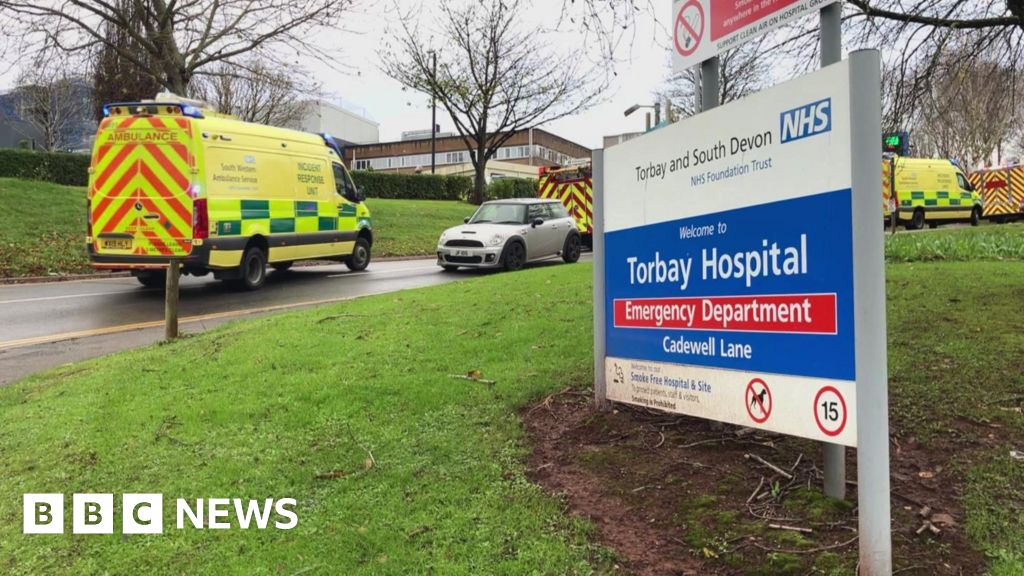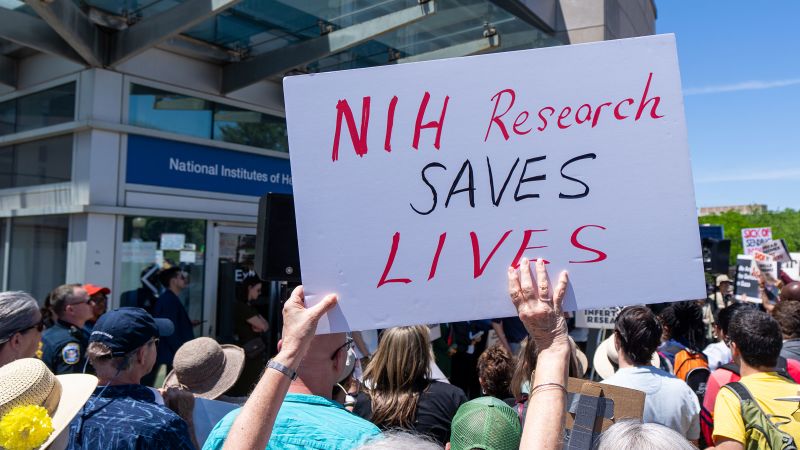Brighton & Hove Health Survey Reveals Stark Inequalities: A Deep Dive into Community Health Challenges

Brighton & Hove's landmark Health Counts survey, the largest ever conducted in the area, has unveiled a concerning picture of health inequalities impacting various communities. According to Brighton & Hove City Council's Director of Public Health, the report, while comprehensive, presents complex data that requires careful consideration.
This decade-long study, a collaborative effort between the Council’s public health team and the University of Brighton, provides a crucial snapshot of the health and wellbeing of residents. Conducted once every ten years, Health Counts acts as a vital benchmark for tracking progress and identifying areas where targeted interventions are needed.
Key Findings and Areas of Concern:
- Disparities in Life Expectancy: The survey highlights significant differences in life expectancy across different neighborhoods and demographic groups within Brighton & Hove. Factors such as socioeconomic status, ethnicity, and access to healthcare play a crucial role.
- Mental Health Challenges: A growing concern is the prevalence of mental health issues, particularly among young people and vulnerable populations. The report underscores the need for increased mental health support services and early intervention programs.
- Impact of Social Determinants of Health: The study emphasizes the profound impact of social determinants of health – such as housing, employment, education, and access to healthy food – on overall wellbeing. Addressing these underlying issues is critical for improving health outcomes.
- Health Behaviors and Risk Factors: The survey provides insights into health behaviors, including smoking, alcohol consumption, diet, and physical activity levels. These findings can inform public health campaigns and initiatives aimed at promoting healthier lifestyles.
Why This Survey Matters:
The Health Counts survey is more than just a collection of statistics; it's a roadmap for creating a healthier and more equitable community. The detailed data allows policymakers, healthcare providers, and community organizations to focus their resources and efforts where they are needed most. By understanding the specific challenges facing different populations, we can develop targeted interventions and programs that address the root causes of health inequalities. The council acknowledges that the report's complexity necessitates clear communication and engagement with the public to ensure the findings are understood and acted upon.
Moving Forward:
The Council is committed to using the Health Counts data to inform its future health and wellbeing strategies. This includes working in partnership with local organizations, healthcare providers, and residents to develop innovative solutions and address the identified inequalities. The findings will be used to prioritize funding, allocate resources, and monitor progress towards achieving a healthier and more equitable Brighton & Hove for all.
Accessing the Full Report: The full Health Counts report can be accessed on the Brighton & Hove City Council website. We encourage residents to review the findings and contribute to the ongoing conversation about improving health and wellbeing in our community.





